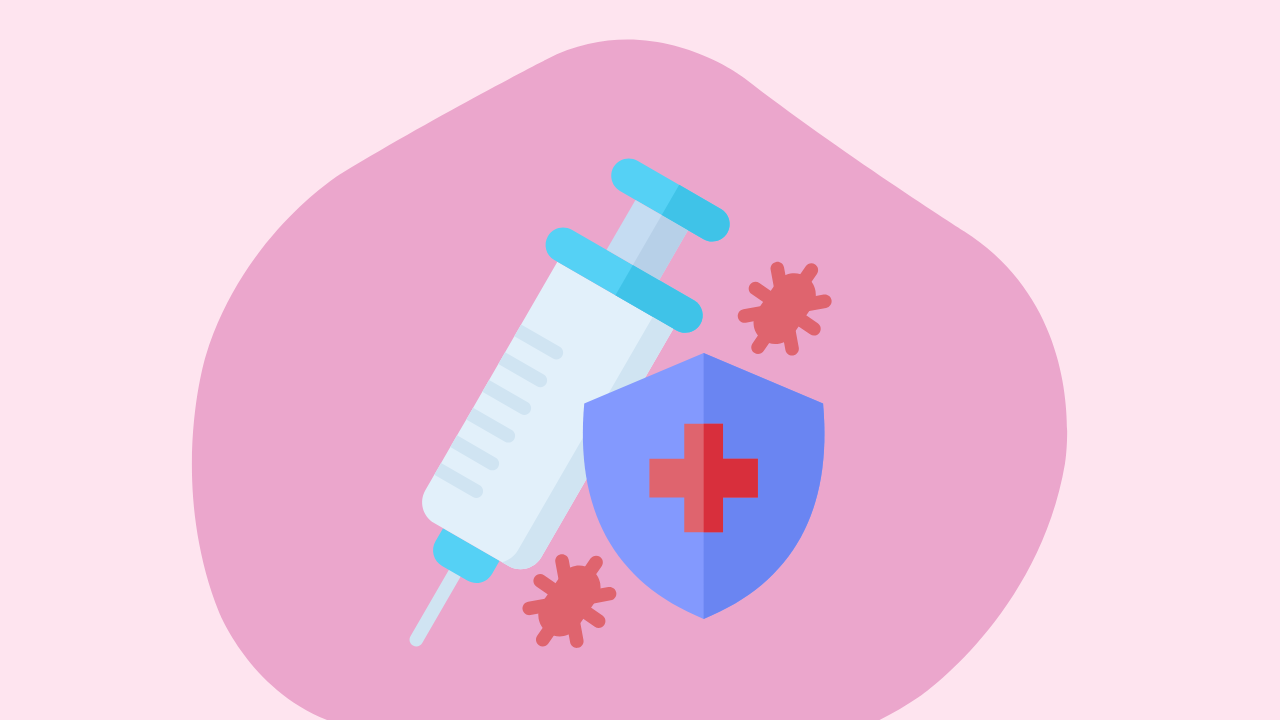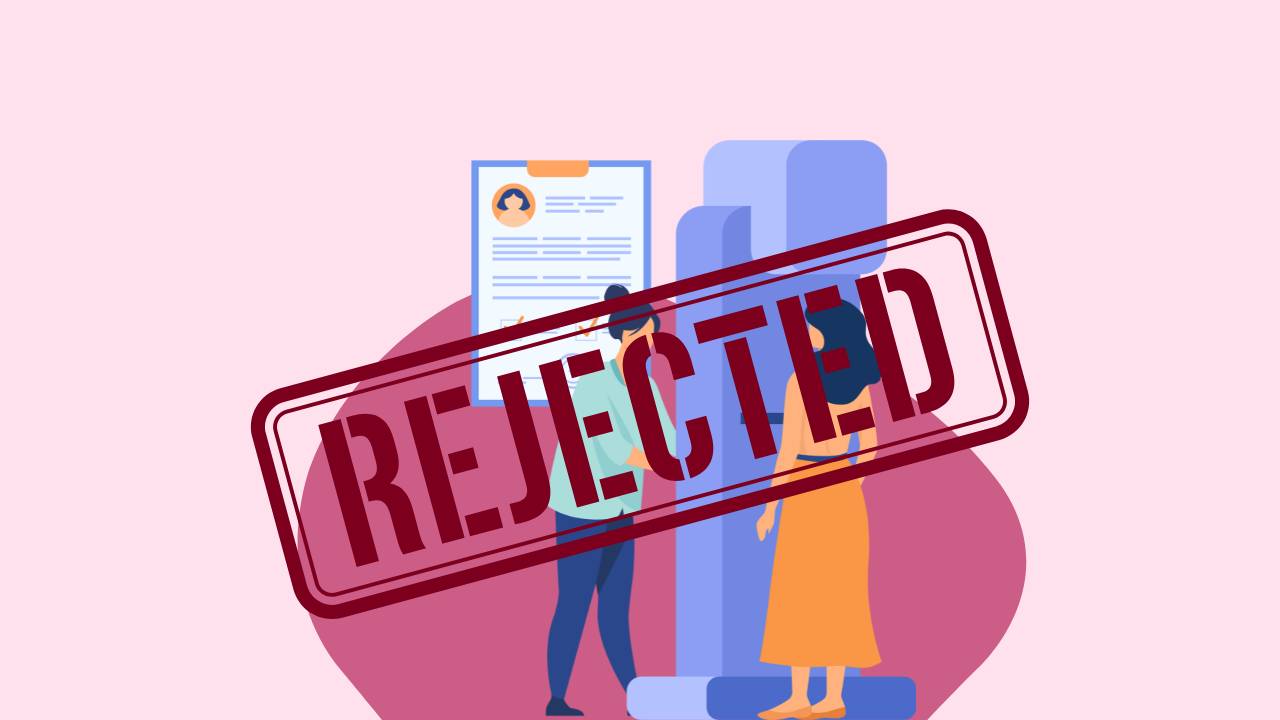Study Finds Unequal Access to AI in Mammography

A new study published in the European Journal of Cancer explores how artificial intelligence is being used to interpret mammograms — and reveals that access to this powerful technology is far from equal around the world.
Researchers analyzed how different countries are adopting AI tools to help detect breast cancer earlier and more accurately. The findings show that while AI is being integrated into breast cancer screening programs in many high-income countries, its use is still rare in low- and middle-income countries. This gap raises concerns about global equity in healthcare, especially when early detection is key to saving lives.
Why AI in Mammography Matters
AI can help radiologists by quickly and consistently analyzing mammograms — the breast X-rays used to spot early signs of cancer. In some studies, AI tools have been shown to detect abnormalities that even experienced doctors might miss. They can also reduce the workload for radiologists, who are often stretched thin in busy healthcare systems.
The promise of AI is not just in speed, but in improving accuracy. Missed diagnoses and false positives are still a problem in breast cancer screening. By helping doctors identify cancer earlier and more precisely, AI has the potential to save more lives and reduce unnecessary stress for patients.
What the Study Found
Researchers surveyed breast screening programs in 34 countries across Europe and beyond. Of these, only a small number were using AI regularly in clinical practice. Most countries were still in the testing or pilot stages, and many hadn’t started using AI at all. The technology was more common in wealthier nations with advanced digital health systems, funding for innovation, and a strong workforce trained to implement new tools.
In contrast, countries with fewer resources often faced major barriers — lack of funding, limited access to digital imaging equipment, not enough radiologists, and concerns about how to safely integrate AI into healthcare. Some experts also voiced ethical concerns, including data privacy and whether AI would replace human judgment.
A Growing Divide
This uneven rollout means that some women are getting access to the most cutting-edge tools for early cancer detection — while others are not. The study authors warn that this could lead to widening health disparities between high-income and low-income regions, especially if AI becomes the new gold standard in screening.
Moving Toward Fairer Access
The researchers call for international collaboration to make AI tools more accessible. This could include sharing data, investing in training, offering support for local testing and validation, and working toward clear guidelines that protect patients while expanding access.
In short, AI could be a game-changer in the fight against breast cancer — but only if it’s rolled out in a way that reaches everyone. As the study shows, the technology is ready. Now the challenge is making sure it's shared.




